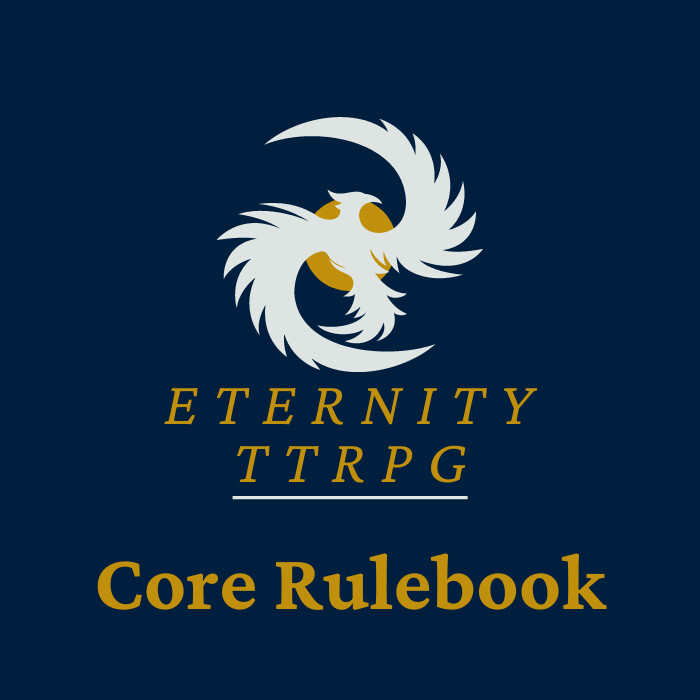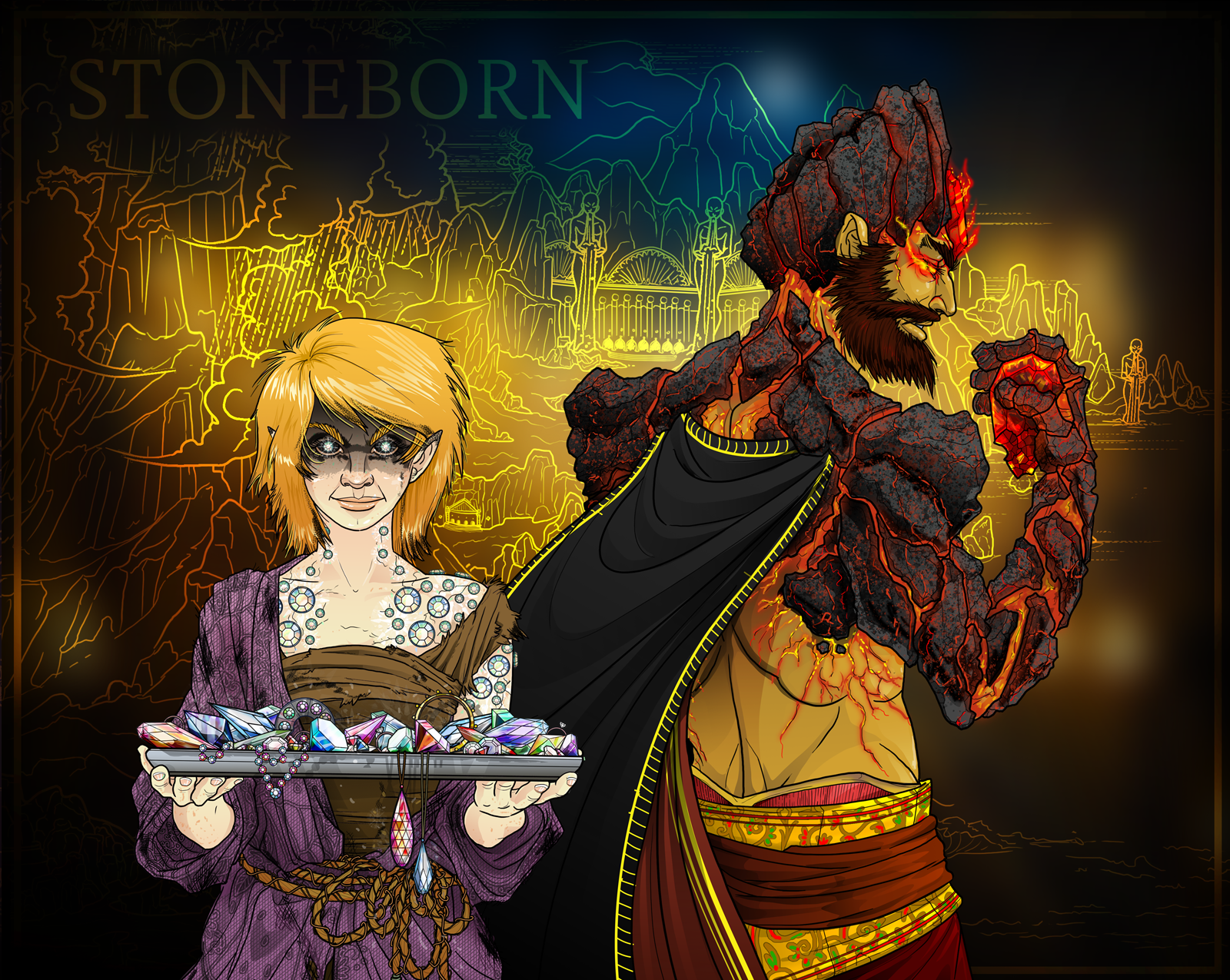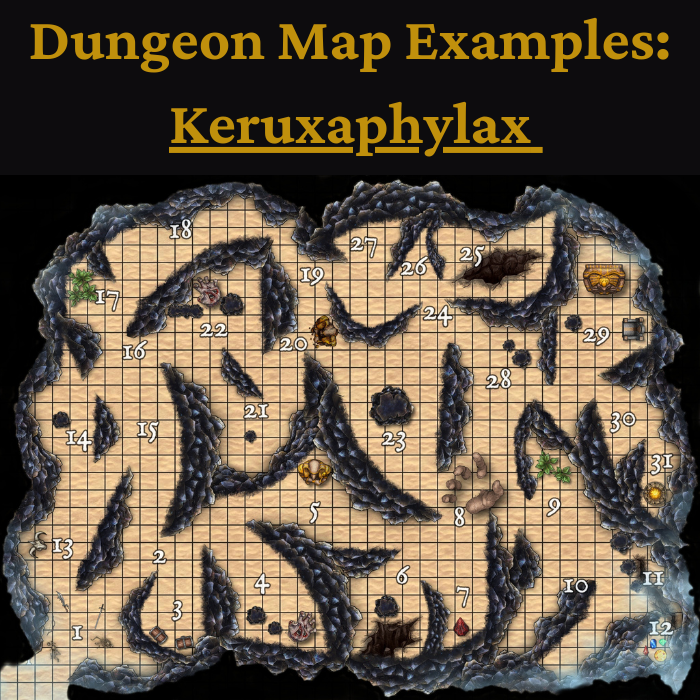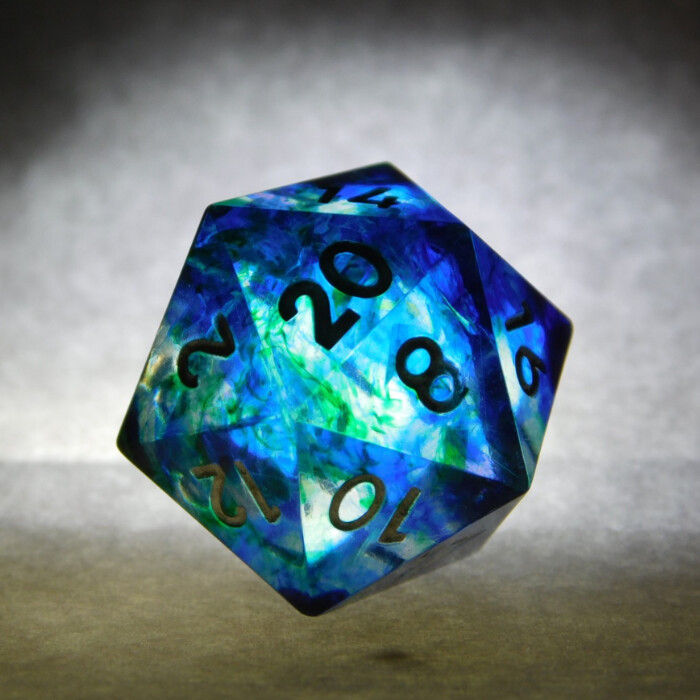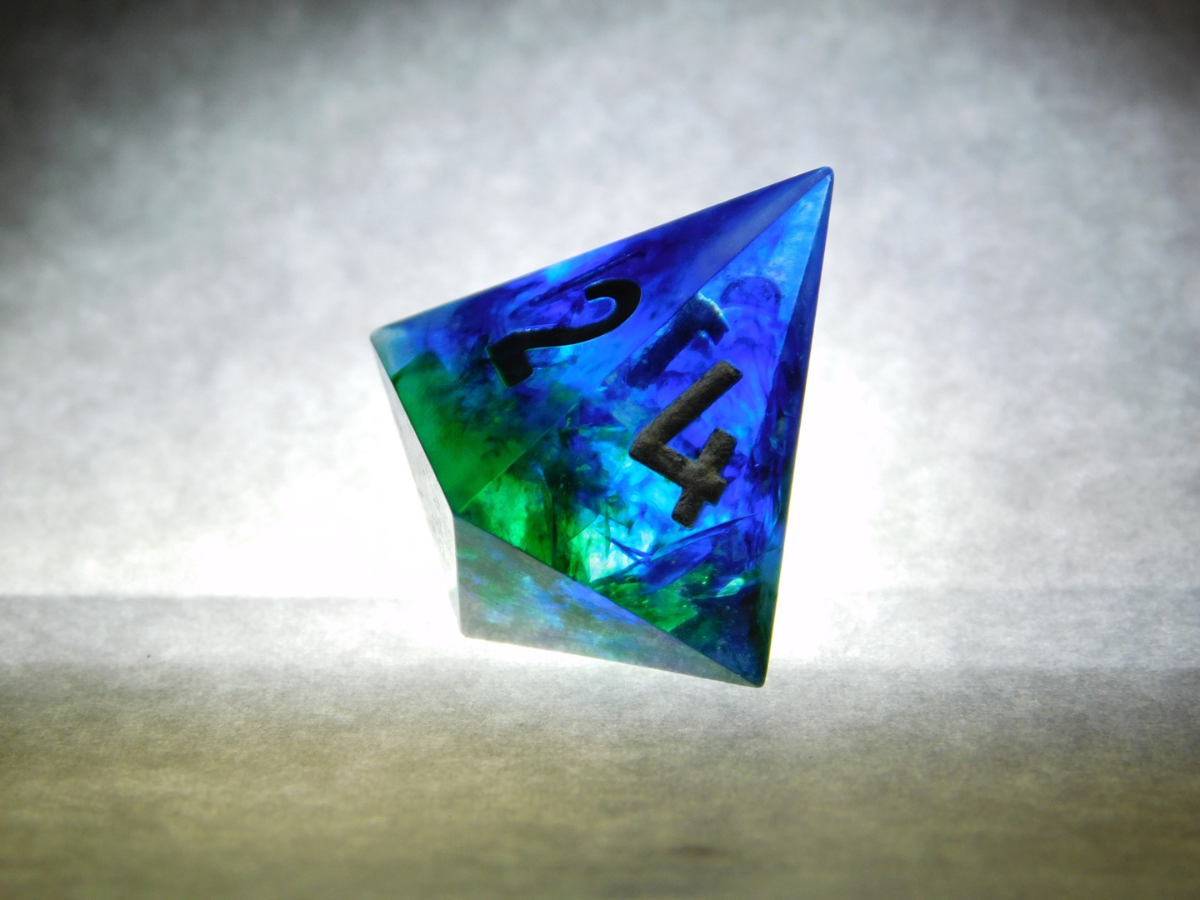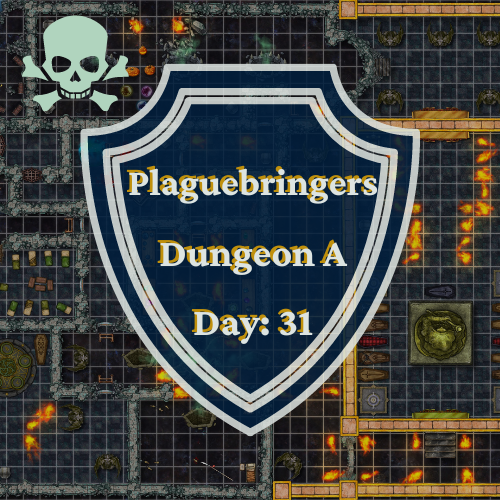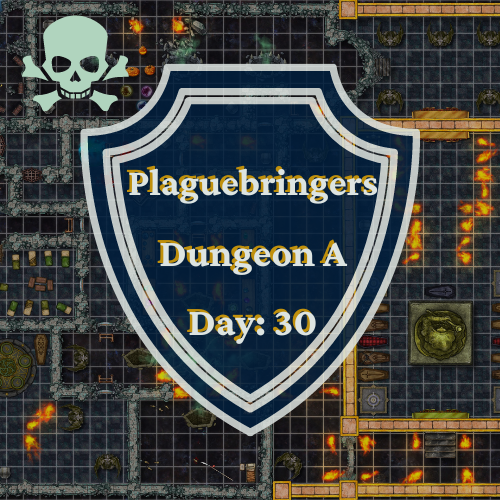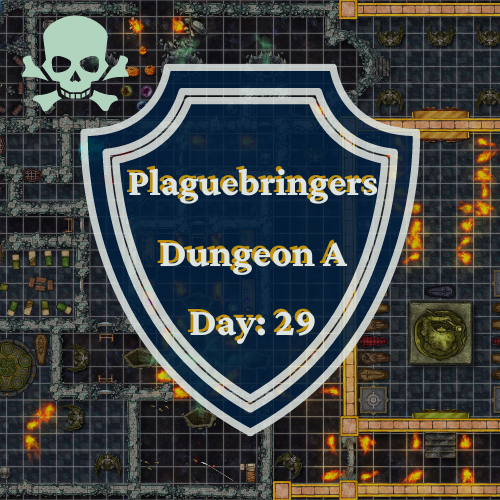Blindness Deafness 5e - D&D 5th Edition Spell Book
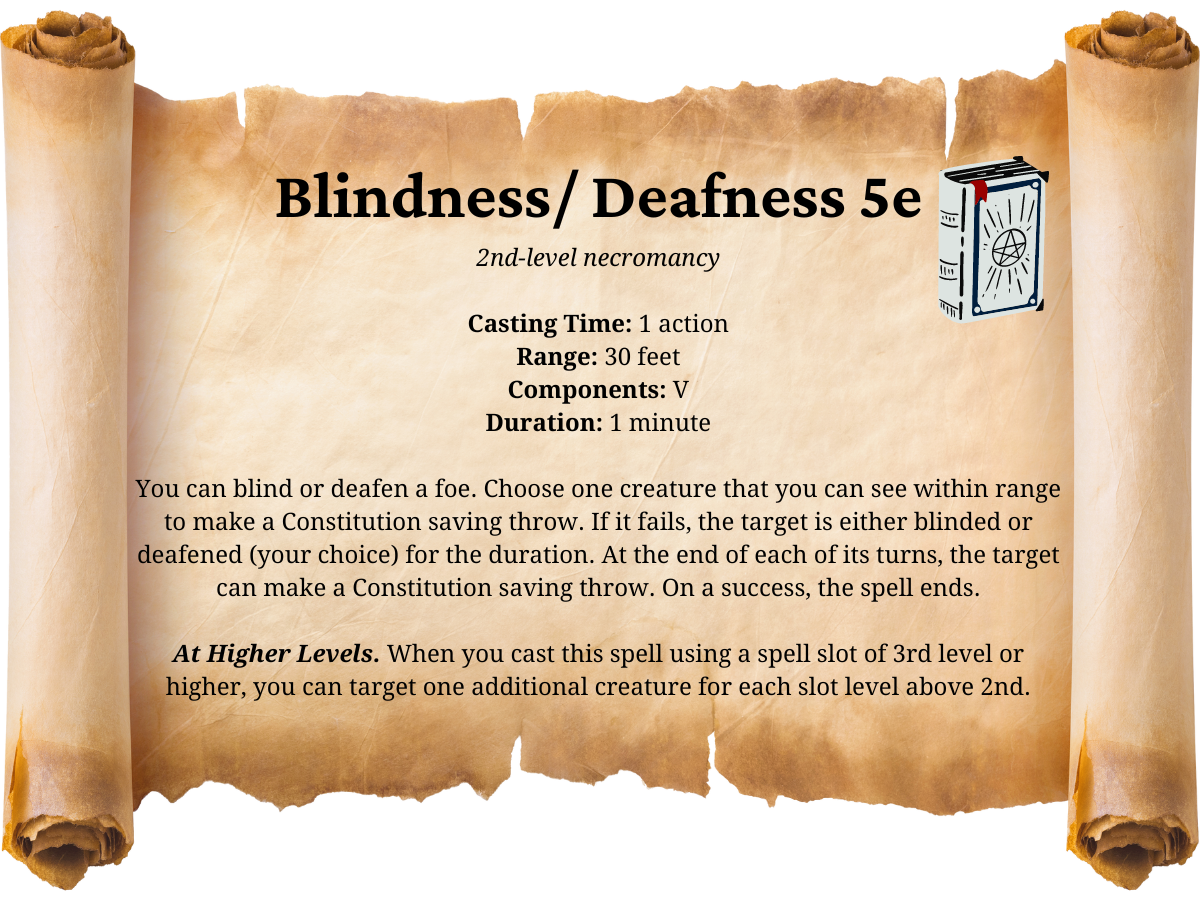
Blindness Deafness 5e Spell Effects
2nd-level necromancy
Casting Time: 1 action
Range: 30 feet
Components: V
Duration: 1 minute
You can blind or deafen a foe. Choose one creature that you can see within range to make a Constitution saving throw. If it fails, the target is either blinded or deafened (your choice) for the duration. At the end of each of its turns, the target can make a Constitution saving throw. On a success, the spell ends.
At Higher Levels. When you cast this spell using a spell slot of 3rd level or higher, you can target one additional creature for each slot level above 2nd.
All information on Blindness Deafness 5e comes from the D&D 5th edition Player's Handbook.
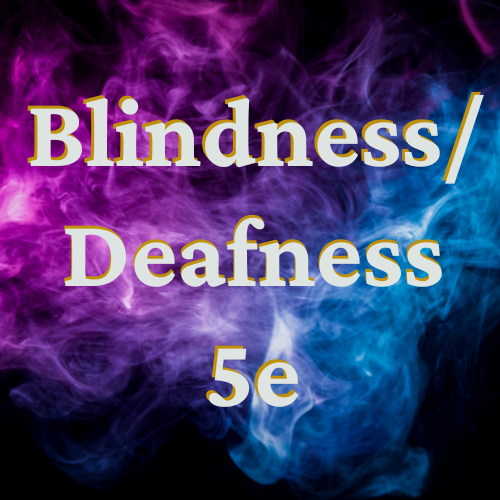
Classes That Can Cast Blindness Deafness 5e
The following classes may cast Blindness/ Deafness 5e as part of their normal class spell availability, through the Player's Handbook:
- Bard
- Cleric
- Sorcerer
- Wizard
Surprisingly, warlock can't cast Blindness/ Deafness, even though the spell tends to fit the overall demonic vibe they have going on. At least, in my opinion, that is.
Blindness Deafness 5e Spell Effectiveness
Since this spell, well - causes either Blindness or Deafness in your target - it's important to know exactly what each effect does. That way, you can determine if you want to use this spell in the first place, and then from there, optimize its use.
Blinded 5e
The in-game term for blinding someone in D&D 5e is the status condition: "Blinded."
- A blinded creature can't see and automatically fails any ability check that requires sight.
- Attack rolls against the creature have advantage, and the creature's attack rolls have disadvantage.
Deafened 5e
The in-game term for causing deafness to someone in D&D 5e is the status condition: "Deafened."
- A deafened creature can't hear and automatically fails any ability check that requires hearing.
Blindness Deafness Usefulness
Sometimes the wording of D&D terms gets a little technical, so just to be clear, an "ability check" in D&D 5e is basically just a "Skill Check," but without a proficiency bonus from any particular skill. So, taking an ability check is the same as rolling d20, and then adding your ability score modifier.
For further clarification, an "ability check" in D&D 5e is not the same thing as a "Saving Throw." Even though saving throws benefit from ability score modifier, ability checks are for when characters try to "do" something, whereas saving throws are for when something "happens" to the character.
So, for the most part, when it comes to combat, blinding a target is more useful than causing them deafness. When it comes to roleplay encounters, however, both may be equally valuable, and may be extremely useful depending on the situation.
Visit the Eternity TTRPG Store!
Combine Blindness Deafness 5e with the Following Spells
For the most part, I'd consider Blindness Deafness 5e to be a roleplay spell. However, it does have utility in combat. Try casting Blindness Deafness with the following combinations to create some really exciting and potent effects.
- Bless 5e: since attack rolls against blinded characters have advantage, why not give your allies an extra +1d4 modifier with Bless? With this combination, your allies are almost sure to hit even the most defensive foe.
- Haste 5e: this spell provides so many benefits, but the one that comes to mind for this situation is the extra action it provides each round. With the advantage on attack rolls against a blinded enemy, why not increase the number of attacks you have against them?
- Spiritual Weapon 5e: melee spell attacks still count as attack rolls, so spiritual weapon has advantage when attacking blinded enemies. Furthermore, this spell only requires a bonus action to attack each turn, so you can add its attacks to your own.
Blindness Deafness 5e Counters
The only spells to Blindness Deafness are the basic spell counters that apply to all of D&D 5e. Silence 5e can prevent you from casting Blindness Deafness to begin with. Meanwhile, dispel magic can remove the blinded or deafened status condition that the spell causes.
Otherwise, any character's best bet for counteracting Blindness Deafness 5e is to have a high Constitution score and constitution saving throw modifier.
Blindness Deafness-Type Spells in Eternity TTRPG
For my last bit of promo for you, I'll mention that Eternity TTRPG has its own TTRPG game system of the same name.
In the Eternity TTRPG Game System, multiple players can act as the game master, trading off as they'd like. The game's rules also supports every player - including game master(s) - getting to roleplay their own character.
Finally, Eternity TTRPG was inspired by games like DnD and the early Final Fantasy series, so there are some spells with somewhat similar effects to D&D. In this case, with Blindness/ Deafness, there really isn't an exact spell that matches. I have listed below, however, a spell that could cover a somewhat similar effect, for comparison.

Chaosmancer - Core Class Spell
Eclipse (Magic): up to 3 enemies in 4Range, this spell automatically hits. Affected targets have -1Resilience, -1Dodge, and -1Will (can stack without limit). Lowered Resilience, Dodge, and Will from “Eclipse” cannot be dispelled.
- (Chaos Stream) Instead gives -2Resilience, -2Dodge, and -2Will (can stack without limit).
- (Mirror Star) 8Range. You also have 8Range when casting this spell, for Battle Duration.
- (Celestial Energies) You can still cast this spell while Dazed, Afraid, Locked, or Silenced. You also gain +7Initiative for 1turn.
In Eternity TTRPG, every spell or ability has a specific in-combat effect. However, players may choose to creatively use spells however they can imagine, when it comes to roleplay encounters (or even while roleplaying during combat encounters). The only rules for this creative application is that the desired effect must somewhat match the spell's name or intended combat effect, and that the desired effect can't be more powerful than the combat effect, by comparison.
In this case, it wouldn't be a stretch to say that casting "Eclipse" could cause temporary blindness in one or more targets, and it wouldn't necessarily be substantially stronger than the combat effect. This kind of decision is left to each group to decide among themselves, but many groups would probably approve of this kind of use, at least every once in a while.
Curious to learn more? Check out the
Eternity TTRPG Core Game PDF!


